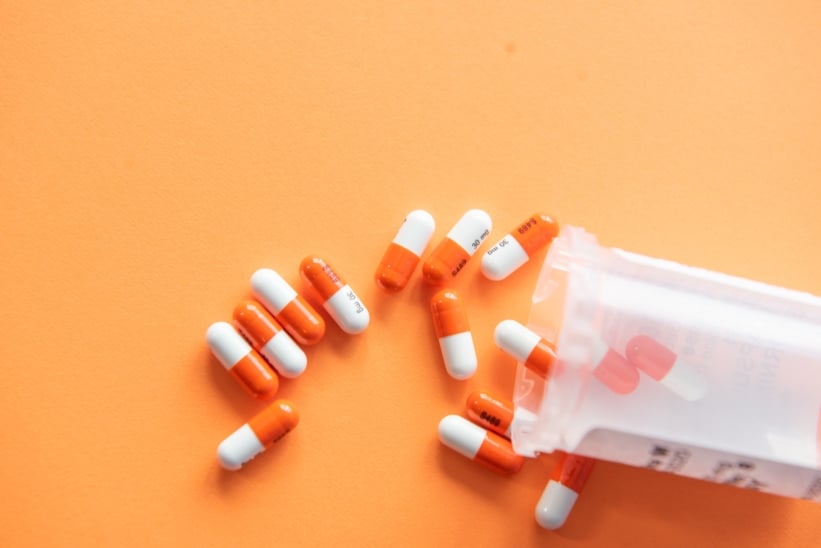PROTEIN-PUMP inhibitors (PPI) taken by those with indigestion may increase an individual’s risk of developing COVID-19. According to a new study published by scientists at Cedars-Sinai Medical Center, Los Angeles, California, USA, the greater the dosage of PPI, the greater the chance of testing positive for COVID-19, although absolute risk remains small.
The study used an online survey and enrolled over 86,000 people. Of the participants, 53,000 reported abdominal pain or discomfort, acid reflux, heartburn, or regurgitation, and provided information on their medication for relief of these specific symptoms; over 3,300 of those 53,000 tested positive for COVID-19. After data analysis, the results concluded that participants using medication to treat heartburn had an up to 2–4 times increased risk of testing positive for COVID-19 compared to those not using the medication. Furthermore, individuals taking PPI twice per day had a higher risk of infection of COVID-19 compared to those taking the medication once daily.
PPI have been associated with a higher risk of infection in previous studies and Dr Brennan Spiegel, lead scientist of the study, claimed that they were not surprised by the results. PPI reduce stomach acid, thereby reducing the body’s arsenal for killing potentially harmful bacteria and viruses. Medication for heartburn is known to alter the gut’s normal environment and may provide optimal conditions for viruses such as SARS-CoV-2. Prof Spiegel did, however, comment on his surprise at the large effect of the medication: “We found a biological gradient where the stronger the medicine, the higher the dose, the higher the effect for COVID-19.”
The absolute risk for increased risk of COVID-19 infection in people who take PPI is small and the researchers did not advocate for those taking the medication to stop altogether without consulting their doctor. Previous studies have shown that taking the medication once per day is as effective as twice per day and this new study suggested that a reduction in daily dosage, as discussed with the patients’ doctor, may be preferable.








